Collection
Date
Location
Type
7 results
Remembering 1807
In 1807 Britain legally abolished the slave trade, although it continued to participate in and profit from the institution of slavery. In 2007 the British government committed public funds to mark the bicentenary of the Slave Trade Act. The Remembering 1807 project has collected and archived material relating to the many events and activities that took place during 2007. These records help us to locate and understand the place of slavery, the slave trade and its abolition in the UK’s public history, commemorative traditions and popular memory. Background to the collection...
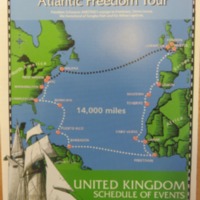
Amistad America's Atlantic Freedom Tour
A replica of the nineteenth-century slave ship Amistad visited Liverpool, Bristol and London as part of the Atlantic Freedom Tour in 2007-2008. The ship set sail from its home port of New Haven, Connecticut, on a 16-month 14,000 mile transatlantic voyage to retrace the slave industry triangle. The…
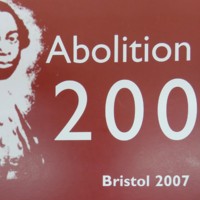
Abolition 200
Bristol was major trading port for the transatlantic slave trade in the 18th century. The city of Bristol marked the bicentenary of the Abolition Act with more than 100 events across the city - exhibitions, plays, debates, talks, concerts - under the umbrella organisation Abolition 200. In January…
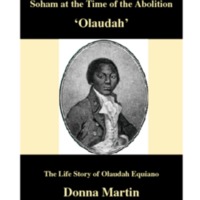
Soham at the Time of the Abolition
Soham Village College partnered with Soham Action 4 Youth (SA4Y) and Soham Museum in a project to record Soham at the Time of the Abolition, to commemorate the bicentenary and celebrate the life of Olaudah Equiano. Equiano, otherwise known as Gustavus Vassa, was the former slave who became an…
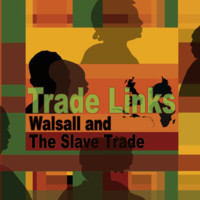
Trade Links: Walsall and the Slave Trade
An exhibition at Walsall Museum looked at Walsall's links with the slave trade, the background to the Abolition Act of 1807, and the legacies of slavery. Walsall's metal industry included chain making by local women of Cradley Heath, and the manufacture of guns used to trade for captive Africans.…
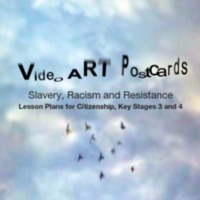
Video ART Postcards
To mark the bicentenary, Manifesta (a not for profit company delivering projects addressing cultural diversity) and the Runnymede Trust (an independent policy research organisation focusing on equality and justice) joined forces to launch a youth and digital media initiative, Video ART (Anti-Racist…
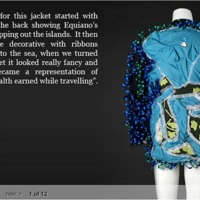
The Equiano Project Culture Clubs
Part of the Equiano Project led by Birmingham Museum and Art Gallery, the Culture Clubs were a series of outreach projects enabling contributions by local schools and community groups to the way Equiano’s story is told and the issues surrounding how his experience is represented. The four groups -…
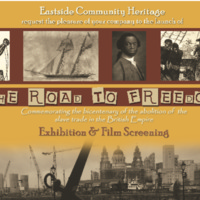
The Road to Freedom
Eastside Community Heritage worked with young people from West Ham and Stratford to explore the significance of the bicentenary within the context of their own history in London and in British history more widely. The Road to Freedom project was devised by the young people themselves, who gathered…